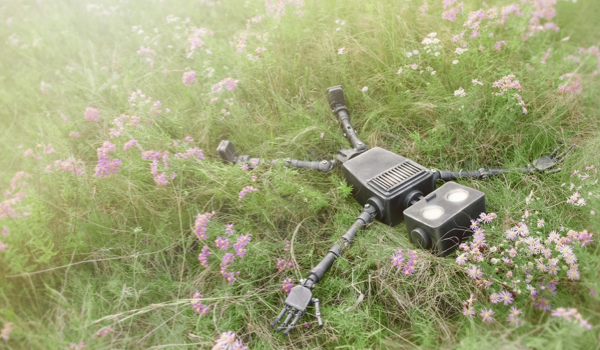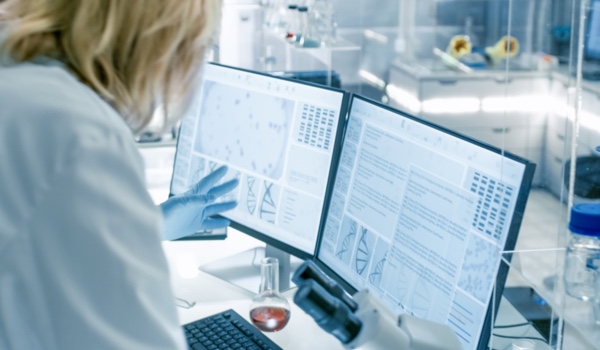

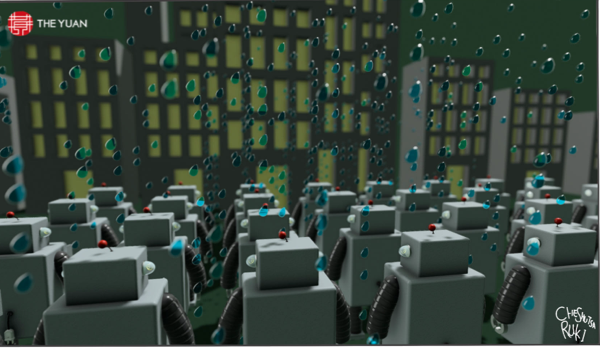
CAMBRIDGE, UK -
The AI revolution in the workplace: Friend or foe?
The rise of artificial intelligence (AI) is rapidly transforming every facet of people’s lives, including the professional world. AI sometimes acts as a powerful partner in creative endeavors - such as generating design concepts, composing music, and engaging audiences to disseminate information. In research and development, AI analyzes vast amounts of data and suggests new research avenues.
One of the most immediate impacts of AI in the workplace is its ability to automate time-consuming, repetitive tasks. Chatbots have already been handling customer service inquiries for several years now, while robotic process automation is aiming to streamline administrative processes. This lets workers focus on higher-value tasks that require critical thinking, creativity and emotional intelligence.
In January 2024, Nobel Laureate Christopher A Pissarides of the London School of Economics delivered a talk titled ‘Automation and its Impact on the Labour Market’ at the Anglia Ruskin University in Cambridge. Based on research from the Institute for the Future of Work, the talk explored how automation technologies - both robotics and AI - are changing labor markets, and how workers in industrial countries are affected.
Changes in technology certainly do necessitate the transition of workers form one role to another. They might require job changes and the closure of companies, but also foster the rise of new startups. Computerization - which began in the 1980s - took a toll on those who were not tech savvy, but most workers managed to upskill and adapt. New jobs were created, and many information technology (IT) processes became mainstream.
The breakneck pace of AI innovation is c
The content herein is subject to copyright by The Yuan. All rights reserved. The content of the services is owned or licensed to The Yuan. Such content from The Yuan may be shared and reprinted but must clearly identify The Yuan as its original source. Content from a third-party copyright holder identified in the copyright notice contained in such third party’s content appearing in The Yuan must likewise be clearly labeled as such. Continue with Linkedin
Continue with Linkedin
 Continue with Google
Continue with Google
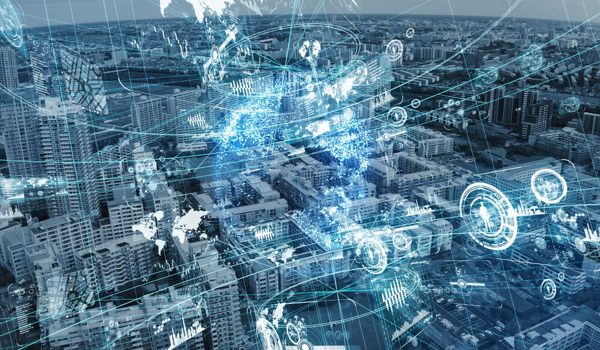
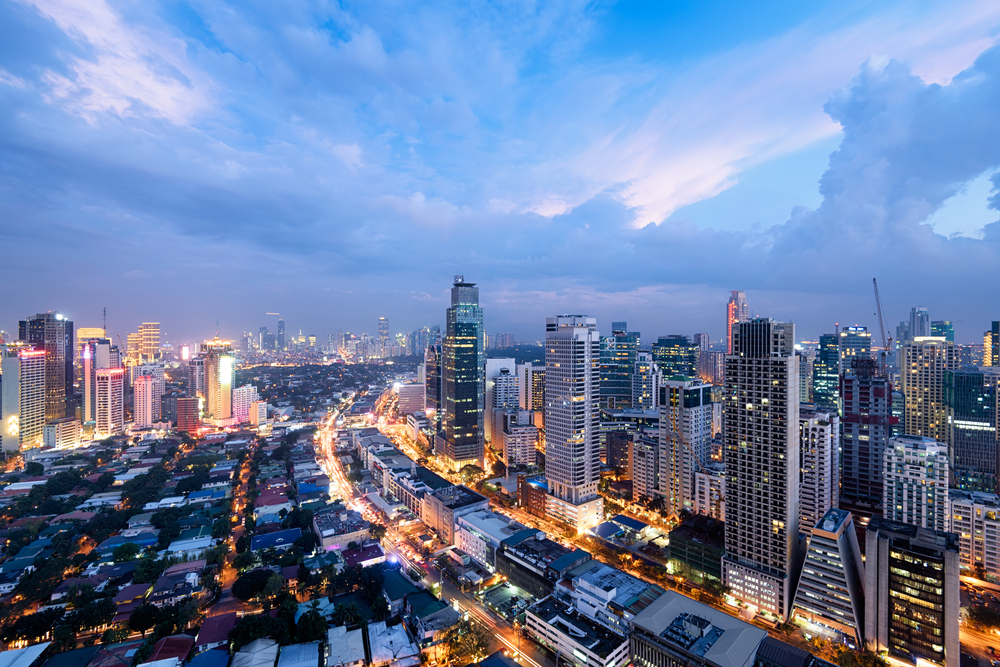







 1194 views
1194 views





